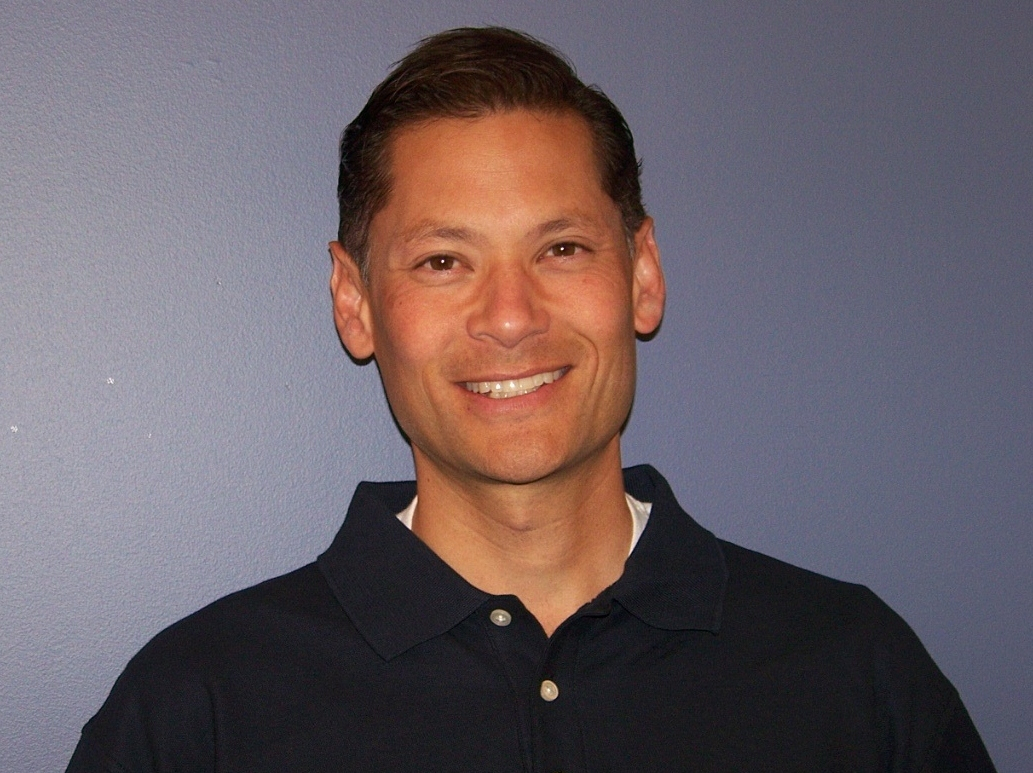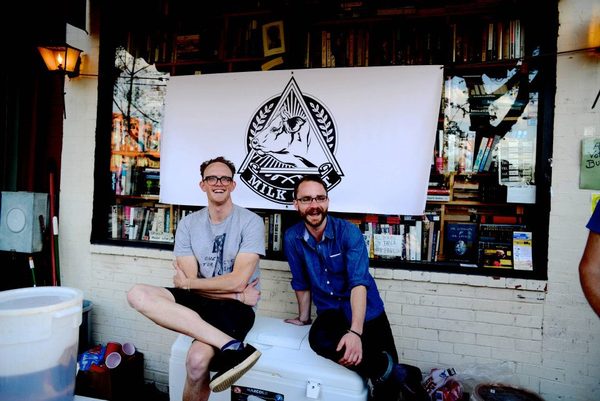Kiva Zip formed a key relationship last year with the startup, EarlyIQ, which provides Kiva Zip with an efficient tool for mitigating risk. We recently interviewed Steve Yin, the CEO of EarlyIQ about his company, his thoughts about Kiva Zip, as well as his outlook on the future of the crowdfunding industry.
![]()
How did the Zip/EarlyIQ affiliation come about?
We were first introduced to Kiva Zip by a mutual friend back in October 2012. At the time EarlyIQ was a newly-funded startup and Kiva Zip had been looking for a tool to help mitigate risk.
What have you learned from working with Kiva Zip?
Kiva Zip is a unique crowd-funding platform from so many perspectives. The uniqueness challenged our thought process and helped us fine-tune our offering. We rolled out a pilot with Kiva Zip in January of this year and have been running commercial report cards continuously ever since. We've learned a lot over the past 7 months working with the Kiva Zip team. Much of that learning has been put to work in subsequent releases of our product.
One of the biggest impacts that working with Kiva Zip has had on our offering is forcing a very compact and streamlined application process. Our goal was to make the entire application process take less than 5 minutes.
The streamlined approach carries through to all of our offerings. When prospective partners are first introduced to our product, the typical reaction is amazement that we're able to deliver such comprehensive reports with such a compact application process.
We've also ramped up a huge learning curve relative to back-end data integration and automation. Many financially under-served people and/or companies don't have a very large digital footprint, while others have very disconnected and inconsistent footprints. As you can imagine, that makes what we do a challenge.
Tell us about your vision for Early IQ, and how the company was founded.
We want to help lead the early-stage investment industry in its march online because we believe over time that the internet will help revolutionize this final financial frontier. And we believe a critical element to the success and growth of any capital market is true transparency and trust in the market. This is especially true in the nascent world of early-stage private capital where facts and figures are scarce. Ultimately, facilitating these markets will help business owners, investors, and the economy.
We founded Early IQ in early 2012 when my co-founders and I were struck by the lack of consistent and reliable information about private companies looking to raise funds. We asked ourselves, "How could we know that the investment was real - not a scam?" If you want to invest in a public company, you'll be quickly overwhelmed by the sheer amount of readily available information. If you want to invest in a private company, however, you're on your own for the most part.
We started with the idea to help prevent fraud in early-stage financial markets. From that kernel we grew our vision beyond merely preventing fraud and recognized the need for truly objective, third-party information to help facilitate these online investment decisions. Our vision of the industry "trustmark" was born.
How does Early IQ work?
It's actually pretty simple. Entrepreneurs answer a few quick questions on our site or our partner's site. We then validate the responses with various data sources.
Based on comparing the responses and the information from our data sources, we create a "report card" on the company. We're an online-hosted platform so everyone involved - - lenders, borrowers, administrators, other third parties, all access the same information the same way through a browser.
By having a singular view, there's no question about what information each party has access to because all parties involved see the same information.
Who is your favorite Kiva Zip borrower?
Really? I have to pick one? No kidding, I can spend hours reading all the great stories and spirit on Kiva Zip. So it's hard to pinpoint just one. Of those that are currently looking for a loan, I like the guys at Milk Cult because they seem to have a great attitude and are filling an interesting niche. Plus, Corey at Juicemasters has a great story and since I'm originally from St. Louis, well I've got to support his effort.
Note: At time of posting, these loans were fully funded. See additional loans that are still fundraising here!

Pictured: (L) Corey from Juicemasters Fresh Juice and Smoothie Bar, (R) Patrick Griffith and Ed Cornell from Milk Cult
What about Kiva Zip are you particularly excited about?
Kiva Zip is super unique in that you can see and sense the positive impact that peer-to-peer lending can have on so many people in so many places.
Surfing Kiva Zip is unlike surfing any other funding site because it's all very real and very connected. There's a direct connection between the $25 loan and the entrepreneur's ability to take the next step in his or her business. Anyone who believes in entrepreneurial spirit has got to see this and appreciate the efforts of everyone involved. It's really powerful.
What do you think are the biggest risks faced by crowdfunding sites like Kiva Zip?
Overregulation and growing pains. Really, if you think about it, those are risks faced by the industry overall and therefore leaders like Kiva Zip. Overregulation could stifle the nascent industry and not being proactive about addressing growing pains could jeopardize the ecosystem.
Crowdfunding is brand new compared to established financial markets, all of which are regulated. However, crowdfunding is a new model so to enable growth, hopefully we don't simply press the "copy button" to duplicate legacy regulation. As long as industry participants are not only responsive but proactive about addressing issues as they arise, then I think leaders will emerge.
What about fraud risk? Well the reality is the potential exists in any financial market, if left unchecked. Clearly we believe by using tools such as the ones we provide, the crowdfunding space could easily be less prone to fraud than other more established financial markets. The more transparent the ecosystem, the lower the likelihood of actual fraud.
What do you think the future holds for the crowd-funding industry in the U.S.?
Obviously I'm bullish on the industry. Deloitte predicts the US market to reach $3B in 2013. And our own projections indicate growth up to, and perhaps beyond, the size of current angel and venture capital markets.
The immediate future will no doubt be filled with growth and the associated growing pains like I mentioned before. We'll see portals come and go. But over time, like in any market, the strongest will thrive.
More importantly, we'll see tens of thousands of businesses get access to the capital they need to grow with the resulting millions of jobs created. And we'll see this happening not just in pockets of historically entrepreneur friendly coastal areas, but spread throughout main-street America. I think ten years from now crowdfunding will be the "usual" for entrepreneurs and investors alike.
Steve Yin is the CEO and co-founder of EarlyIQ, Inc, a San Diego-based hosted information and analytics company focused on risk mitigation in early-stage capital markets. His career has been focused on technology - primarily software and information - in varied industries, from internet security to state lotteries. Outside of work, he enjoys all outdoor activities and "anything with an engine".

Pictured: EarlyIQ CEO Steve Yin
